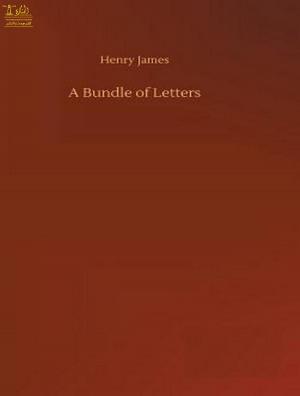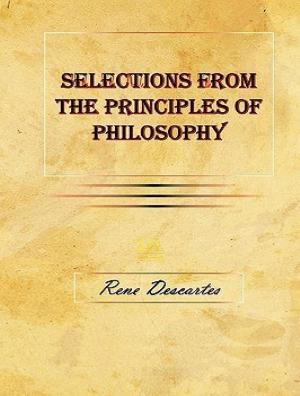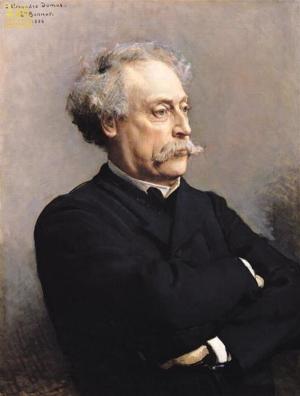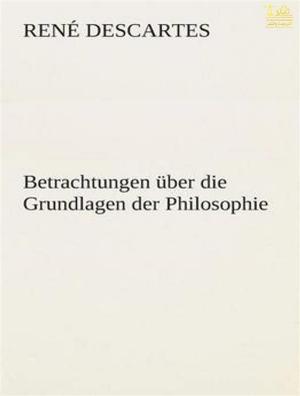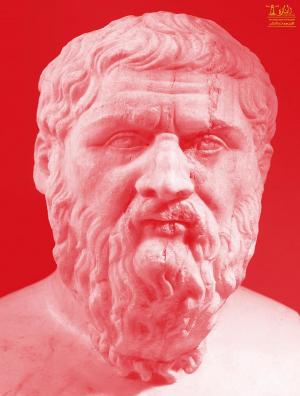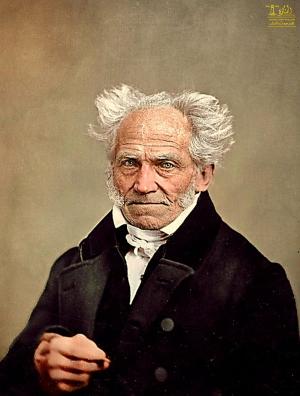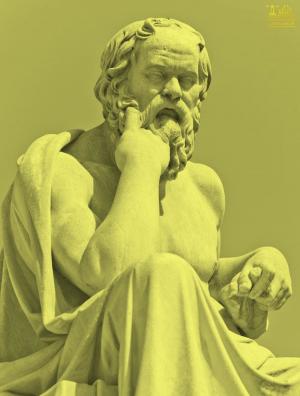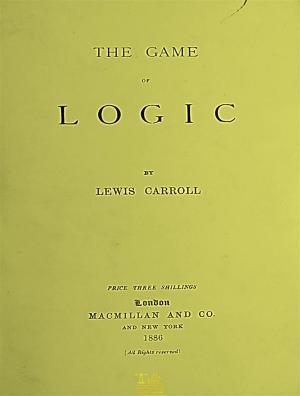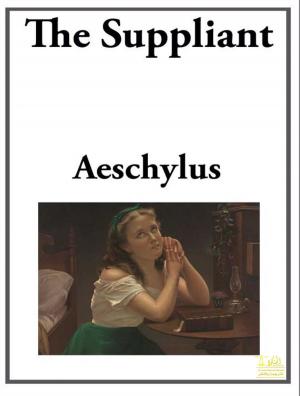The Sufistic Quatrains of Omar Khayyam
Nonfiction, Religion & Spirituality, Philosophy, Eastern, History, Middle East| Author: | Omar Khayyam | ISBN: | 9780599459540 |
| Publisher: | Lighthouse Books for Translation Publishing | Publication: | May 15, 2019 |
| Imprint: | Lighthouse Books for Translation and Publishing | Language: | English |
| Author: | Omar Khayyam |
| ISBN: | 9780599459540 |
| Publisher: | Lighthouse Books for Translation Publishing |
| Publication: | May 15, 2019 |
| Imprint: | Lighthouse Books for Translation and Publishing |
| Language: | English |
«'Omar Al-Khayyami was a Nishapuri by birth and extraction. He [may be regarded as] the successor of Abu 'Ali (Avicenna) in the various branches of philosophic learning; but he was a man of reserved character and disliked entertaining (sayyik al-'atan). While he was in Ispahan he perused a certain book seven times and then he knew it by heart. On his return to Nishapur he dictated it [from memory] and on comparing it with the original copy, it was found that the difference between them was but slight. He was averse both to composition and to teaching. He is the author of a handbook on natural science, and of two pamphlets, one entitled ‹Al-Wujud› (or ‹Real Existence›) and the other ‹Al-Kawn w'al Taklif. He was learned in the law, in classical Arabic, and in history.
«As for the sciences, he had mastered both mathematics and philosophy. One day ‹the Proof of Islam›, Al-Ghazzali, came to see him and asked him how it came that one could distinguish one of the parts of the sphere which revolve on the axis from the rest, although the sphere was similar in all its parts. Al-Khayyami pronounced his views, beginning with a certain category; but he refrained from entering deeply into the discussion—and such was the wont of this respected Sheykh. [Their conversation was interrupted by] the call to mid-day prayer, whereupon Al-Ghazzali said, ‹Truth has come in, and lying has gone out.› 'Omar arose and went to visit Sultan Sanjar. The latter was [at the time] a mere child, and was suffering from an attack of smallpox. When he came away the Vezir asked him, ‹How did you find the child, and what did you prescribe for him?› 'Omar answered, ‹The child is in a most precarious state.› An Ethiopian slave reported this saying to the Sultan, and when the Sultan recovered he became inimical to 'Omar and did not like him. Melik-Shah treated him as a boon companion; and Shams-ul-Mulk honored him greatly, and made him sit beside him on his throne.
«It is related that ['Omar] was [one day] picking his teeth with a toothpick of gold, and was studying the chapter on metaphysics from [Avicenna's] ‹Book of Healing.› When he reached the section on ‹The One and the Many› he placed the toothpick between the two leaves, arose, performed his prayers and made his last injunctions. He neither ate nor drank anything [that day]; and when he performed the last evening prayer, he bowed himself to the ground and said as he bowed: ‹Oh, God! verily I have known Thee to the extent of my power: forgive me, therefore. Verily my knowledge of Thee is my recommendation to Thee.› And [so saying], he died; may God have pity on him!»
«'Omar Al-Khayyami was a Nishapuri by birth and extraction. He [may be regarded as] the successor of Abu 'Ali (Avicenna) in the various branches of philosophic learning; but he was a man of reserved character and disliked entertaining (sayyik al-'atan). While he was in Ispahan he perused a certain book seven times and then he knew it by heart. On his return to Nishapur he dictated it [from memory] and on comparing it with the original copy, it was found that the difference between them was but slight. He was averse both to composition and to teaching. He is the author of a handbook on natural science, and of two pamphlets, one entitled ‹Al-Wujud› (or ‹Real Existence›) and the other ‹Al-Kawn w'al Taklif. He was learned in the law, in classical Arabic, and in history.
«As for the sciences, he had mastered both mathematics and philosophy. One day ‹the Proof of Islam›, Al-Ghazzali, came to see him and asked him how it came that one could distinguish one of the parts of the sphere which revolve on the axis from the rest, although the sphere was similar in all its parts. Al-Khayyami pronounced his views, beginning with a certain category; but he refrained from entering deeply into the discussion—and such was the wont of this respected Sheykh. [Their conversation was interrupted by] the call to mid-day prayer, whereupon Al-Ghazzali said, ‹Truth has come in, and lying has gone out.› 'Omar arose and went to visit Sultan Sanjar. The latter was [at the time] a mere child, and was suffering from an attack of smallpox. When he came away the Vezir asked him, ‹How did you find the child, and what did you prescribe for him?› 'Omar answered, ‹The child is in a most precarious state.› An Ethiopian slave reported this saying to the Sultan, and when the Sultan recovered he became inimical to 'Omar and did not like him. Melik-Shah treated him as a boon companion; and Shams-ul-Mulk honored him greatly, and made him sit beside him on his throne.
«It is related that ['Omar] was [one day] picking his teeth with a toothpick of gold, and was studying the chapter on metaphysics from [Avicenna's] ‹Book of Healing.› When he reached the section on ‹The One and the Many› he placed the toothpick between the two leaves, arose, performed his prayers and made his last injunctions. He neither ate nor drank anything [that day]; and when he performed the last evening prayer, he bowed himself to the ground and said as he bowed: ‹Oh, God! verily I have known Thee to the extent of my power: forgive me, therefore. Verily my knowledge of Thee is my recommendation to Thee.› And [so saying], he died; may God have pity on him!»

